Going paperless – is it really possible?
One of the key concerns about going paperless is data security. We are all aware of cases where companies’ defences have been breached by cybercriminals who have then stolen sensitive customer data. And yet in many ways, paper-held information represents an even bigger data protection challenge. According to the Information Commissioner’s Office (ICO)1, the two most common types of breach in the health sector in Q2, Financial Year 20-21 were ‘data posted, faxed or emailed to the incorrect recipient’ (127 cases) and ‘loss or theft of paperwork’ (61 cases).
Despite being surrounded by information and communications technology, many of us are still regularly printing documents, using paper diaries and corresponding by mail.
Paper-pushing may be a case of ‘old habits die hard’ but perhaps it is also because we need to be clearer about the advantages and challenges of banishing paper in favour of digital technology.
The first benefit is financial.
Creating and submitting invoices online rather than printing and posting them saves time, as well as associated costs. It also improves cash flow because e-bills submitted through Healthcode are validated according to the relevant PMI rules so they reach the insurer ready for processing and payment.
Automating routine processes.
At the same time, automating routine processes and activities typically improves efficiency and productivity. Investing in practice management technology puts you in control of essential tasks, from organising appointments to managing payments. There is no need to waste time rifling through documents and spreadsheets when the answer is at your fingertips. And that leaves you with more time and energy to devote to patients and your practice.
The point is that it is relatively straightforward to implement systems and procedures to protect digital files, from anti-virus software and firewalls to individual passwords and device encryption. But if a letter, fax or email goes astray there is nothing to prevent others reading the contents.
Perhaps a bigger obstacle to going paperless is that you need to respect the wishes of patients who prefer to receive information in writing. The GMC says that doctors “must give patients the information they want or need to know in a way they can understand. You should make sure that arrangements are made, wherever possible, to meet patients’ language and communication needs.”2
However, we are in an era when more people will expect to interact with healthcare services through their computer or mobile device. All healthcare providers will need to adapt to meet the needs of this patient population by digitising information and enabling them to contact you in the way that is most convenient to them.
While a wholly paperless practice may be a little way off, the technology already exists to help us move on from time-consuming admin processes and eliminate unnecessary costs. Most importantly, it will enable us to focus on delivering care in a way that suits an increasing number of patients, without compromising on data security.
References
1 ICO Date Security Trends 2020-21 Q2
2 Paragraph 32, Good Medical practice, GMC, 2013

About this Partner
Healthcode provides an extensive range of specialised IT solutions and systems for the private healthcare sector. Whether you require a practice management system, online billing, secure messaging or clinical coding tools, Healthcode can help you increase business efficiency and lower costs. The Private Practice Register is a central reference point and information repository for practitioners avoiding duplication of effort.
